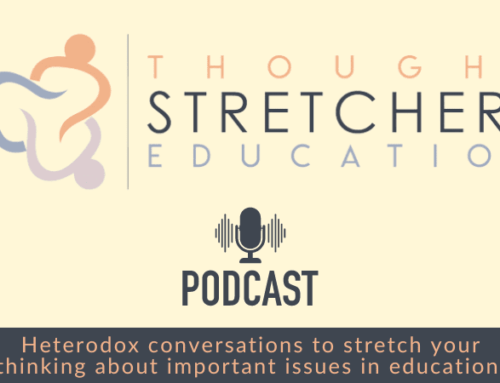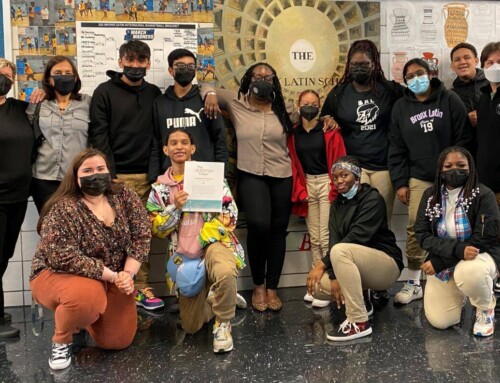
In an era where the holistic development of students is increasingly recognized as essential, The QUESTion Project, has garnered acclaim from esteemed scholars demonstrating profound effects on student well-being. This program has garnered recognition for its innovative approach and remarkable outcomes by distinguished academic scholars such as Howard Gardner from the Harvard Graduate School of Education and Dr. William Damon, Director of the Center for Adolescence at Stanford University.
Moreover, Stanford University conducted a qualitative impact study, interviewing alumni to assess the lasting effects of the QUESTion Class. Dr. Damon, who oversaw the two-year study conducted by Stanford University, said the results read “like a manual for the well-being of students.” The study evaluated the program’s impact on students up to five years post-enrollment, revealing compelling results that underscore its significance. The findings revealed that students emerged better equipped to pursue purposeful lives post-graduation, demonstrating increased openness to diverse perspectives, a desire to contribute positively to society, and the development of leadership and critical thinking skills.
Notably, findings indicate that participants experienced significant personal growth, with:
- 83% developing a perspective extending beyond themselves,
- 94% exhibiting heightened levels of courage, vulnerability, and trust,
- 94% displaying an enhanced sense of openness and perspective,
- 100% reporting an increased sense of personal autonomy and agency.
The study concluded that the QUESTion Project has important implications for schools and society. The success of this program underscores the importance of prioritizing students’ holistic development within the educational landscape. As educators and policymakers continue to explore innovative approaches to education, initiatives like this offer valuable insights into fostering student well-being and preparing them for success in an ever-changing world.






Leave A Comment